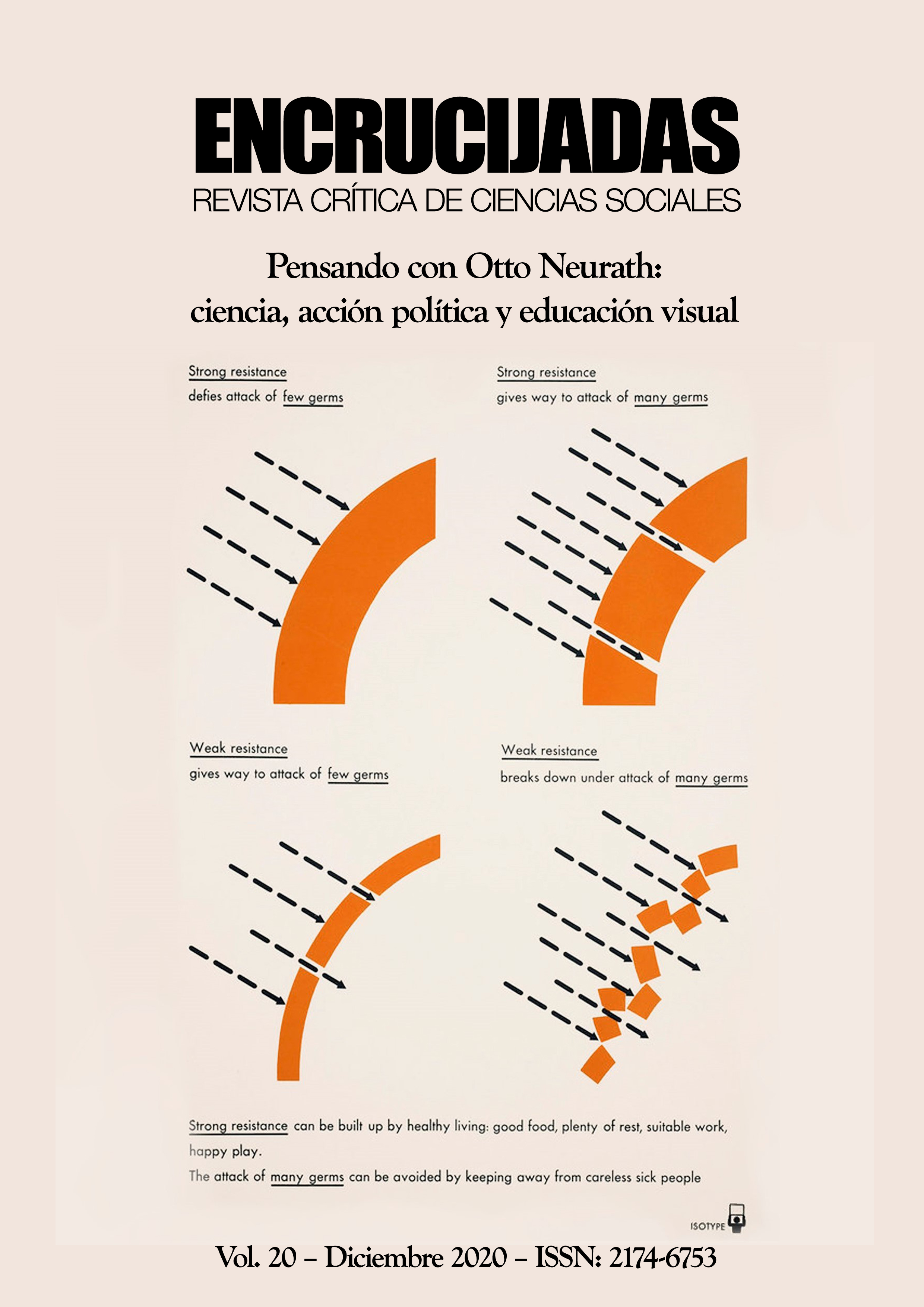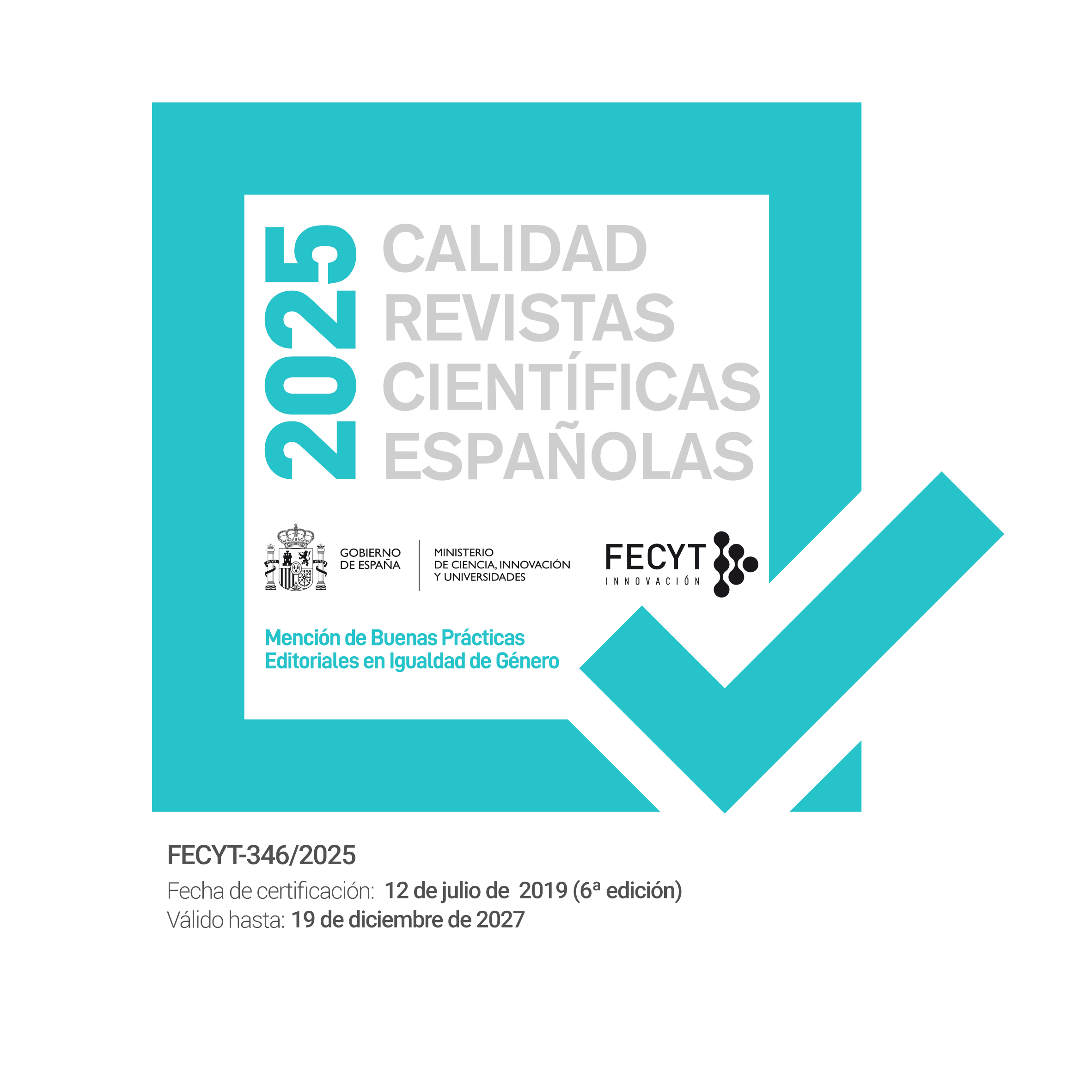Cuatro niveles de auto-interpretación. Un paradigma para la filosofía social interpretativa y la crítica política
Palabras clave:
identidad, crítica política, auto-interpretación, cambio social, patologías socialesResumen
Si queremos encontrar los criterios para el análisis crítico de los sistemas y procesos sociales no en un esquema abstracto y universalista sino a partir de las ‘auto-interpretaciones’ rectoras de las sociedades en cuestión, tal como lo sugieren los enfoques contextualistas y ‘comunitaristas’ contemporáneos de la filosofía social, surge entonces la importante pregunta de dónde se pueden encontrar estas auto-interpretaciones y cómo identificarlas. Este artículo presenta un modelo de acuerdo al cual existen cuatro esferas o ‘niveles’ independientes y parcialmente autónomos de auto-interpretaciones socialmente relevantes que tienen que ser tomadas en igual consideración para poder ofrecer una sólida base para la crítica social y política. Así, es a partir de las tensiones e incoherencias entre (A) ideas y doctrinas sociales, (B) instituciones y prácticas sociales, (C) creencias y convicciones individuales, y (D) prácticas corporales y hábitos que pueden identificar patologías sociales y prever posibles soluciones.
Descargas
Descargas
Publicado
Cómo citar
Número
Sección
Licencia
Derechos de autor 2020 Encrucijadas. Revista Crítica de Ciencias Sociales

Esta obra está bajo una licencia internacional Creative Commons Atribución-NoComercial-SinDerivadas 4.0.
Los autores/as conservan los derechos de autor y ceden a la revista el derecho de la primera publicación, con el trabajo registrado con la licencia de atribución de Creative Commons Reconocimiento-NoComercial (CC-BY 4.0), que permite a terceros utilizar lo publicado siempre que mencionen la autoría del trabajo y a la primera publicación en esta revista. Encrucijadas permite y se anima a todas las personas autoras a depositar la versión final publicada en repositorios institucionales o temáticos de acceso abierto, cumpliendo en caso necesario los términos establecidos por la entidad financiadora de la investigación.





